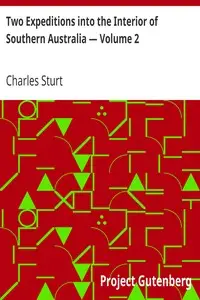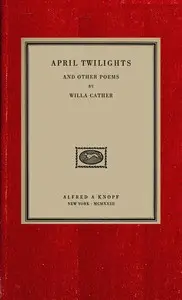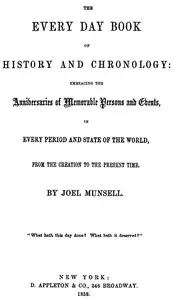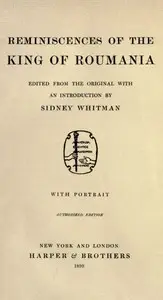"Two Expeditions into the Interior of Southern Australia — Volume I" by Charles Sturt is a historical account written in the early 19th century. The work chronicles Sturt’s explorations and observations during his journeys through the uncharted interior of Australia, particularly focusing on the rivers, geography, and vegetation of the region. Sturt aims to illuminate the landscape and resources that characterize the colony of New South Wales while sharing insights into the challenges faced by early settlers and explorers. The opening of the book sets the context for Sturt's expeditions, beginning with a dedication and a preface that highlights his motivations for documenting these journeys. Sturt reflects on the colonial state of New South Wales, the misconceptions held about Australia's potential, and the significance of his expeditions in addressing these erroneous beliefs. He details the planning and execution involved in traveling down the Macquarie River during a challenging drought, indicating the socioeconomic struggles of the settlers at the time. Additionally, Sturt introduces the geographical features and natural conditions he encountered, establishing a foundation for the detailed accounts that will follow in subsequent chapters. (This is an automatically generated summary.)

Two Expeditions into the Interior of Southern Australia — Volume I
By Charles Sturt
"Two Expeditions into the Interior of Southern Australia — Volume I" by Charles Sturt is a historical account written in the early 19th century. The w...
Charles Napier Sturt was a British officer and explorer of Australia, and part of the European exploration of Australia. He led several expeditions into the interior of the continent, starting from Sydney and later from Adelaide. His expeditions traced several of the westward-flowing rivers, establishing that they all merged into the Murray River, which flows into the Southern Ocean. He was searching to prove his own passionately held belief that an "inland sea" was located at the centre of the continent. He reached the rank of Captain, served in several appointed posts, and on the Legislative Council.
















